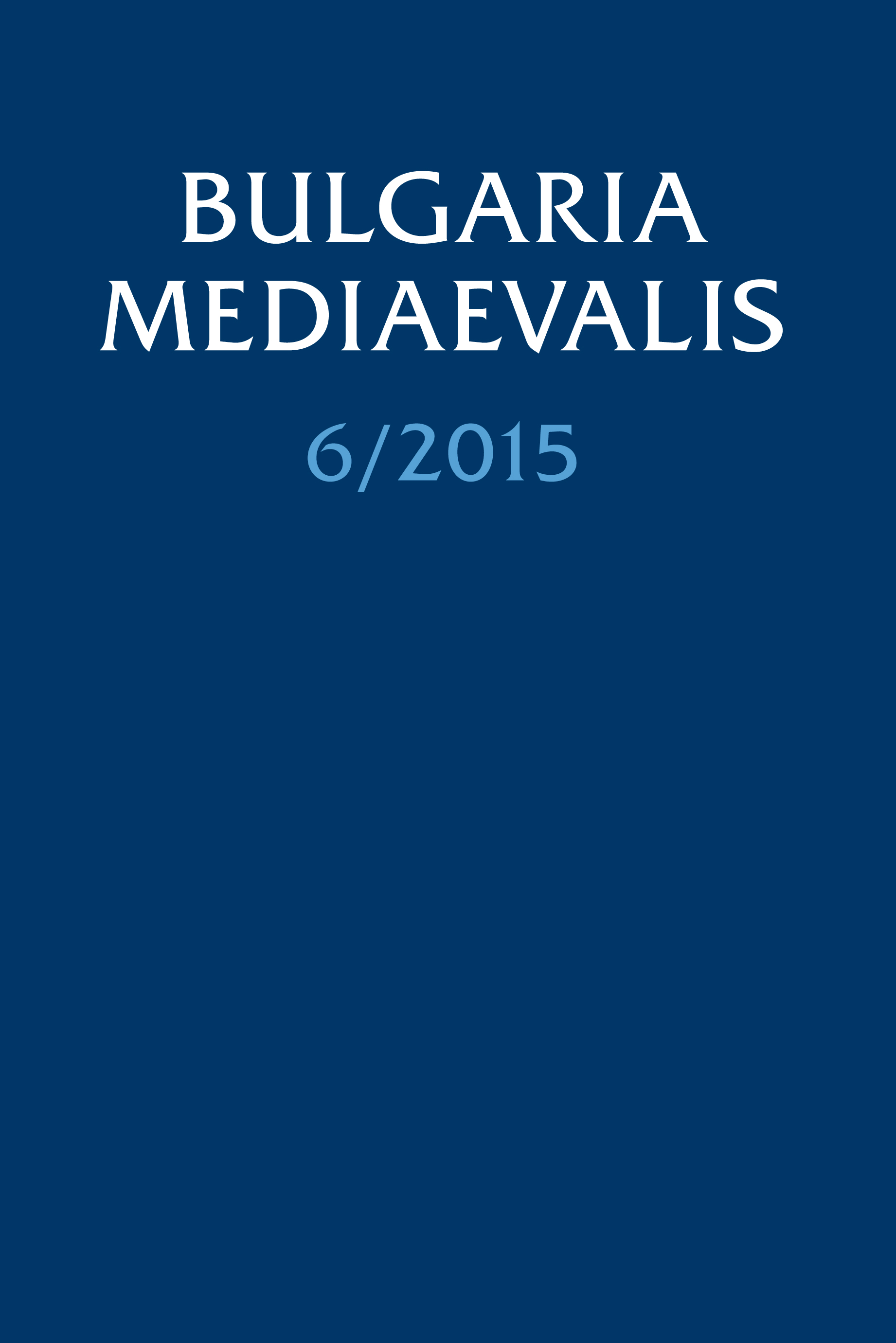
We kindly inform you that, as long as the subject affiliation of our 300.000+ articles is in progress, you might get unsufficient or no results on your third level or second level search. In this case, please broaden your search criteria.

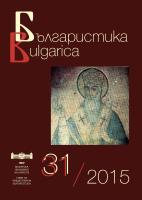
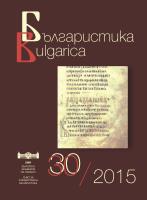
Content of the main Bulgarian scientific journals for the current year in linguistics, literature, history, folklore, ethnography, archeology and art studies
More...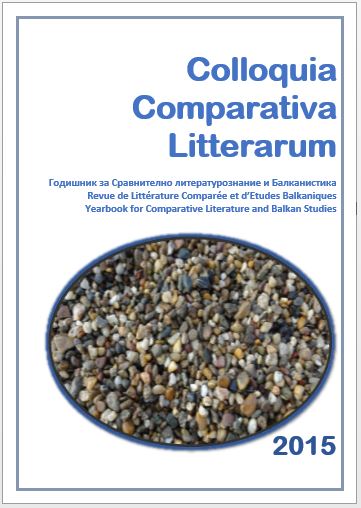
About the collection of articles: Мигриращи култури и социални практики [Migrating Cultures and Social Practicies], dedicated to the 10-anniversary of the founding of the Academic Circle for Comparative Literature. Roumiana L. Stancheva (Ed.). Editorial staff: Nikolay Aretov, Ognyan Kovachev, R. L. Stancheva.. Библиотека Голямотовписване. София, Университетско издателство „Св. Кл. Охридски”, Издателскицентър „Боян Пенев”, 2013.
More...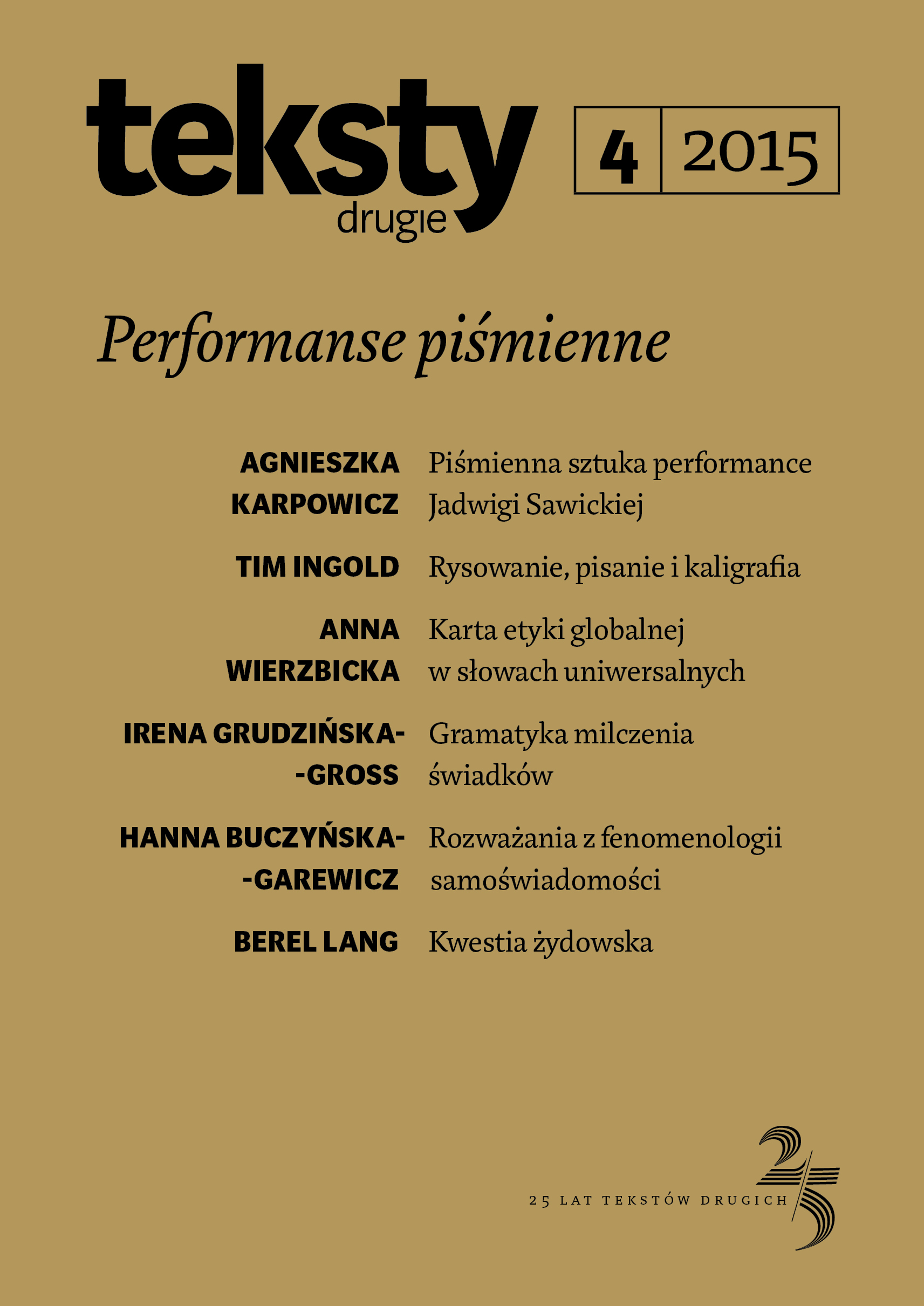
This article examines Edward Redliński’s prose volume Nikiforms, a literary work that consists of authentic non-literary texts written by citizens of the People’s Republic of Poland. Redliński described his experiment as a collection of literary ready-mades. Published in 1982, the book was misunderstood by critics of the time, who tried to judge it through traditional criteria of literariness. Redliński’s Nikiforms, however, call for a different interpretative approach – one that discerns literariness not within each single text but in the encounter of different texts, between them, in the idea behind their composition. The non-literary forms included in the collection perform a metaliterary function because collectively they pose questions about boundaries, roles, the form and building material of literariness. Redliński’s book is part of a distinct contemporary trend in Polish literature to highlight non-literary phenomena.
More...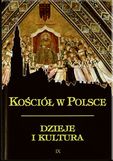
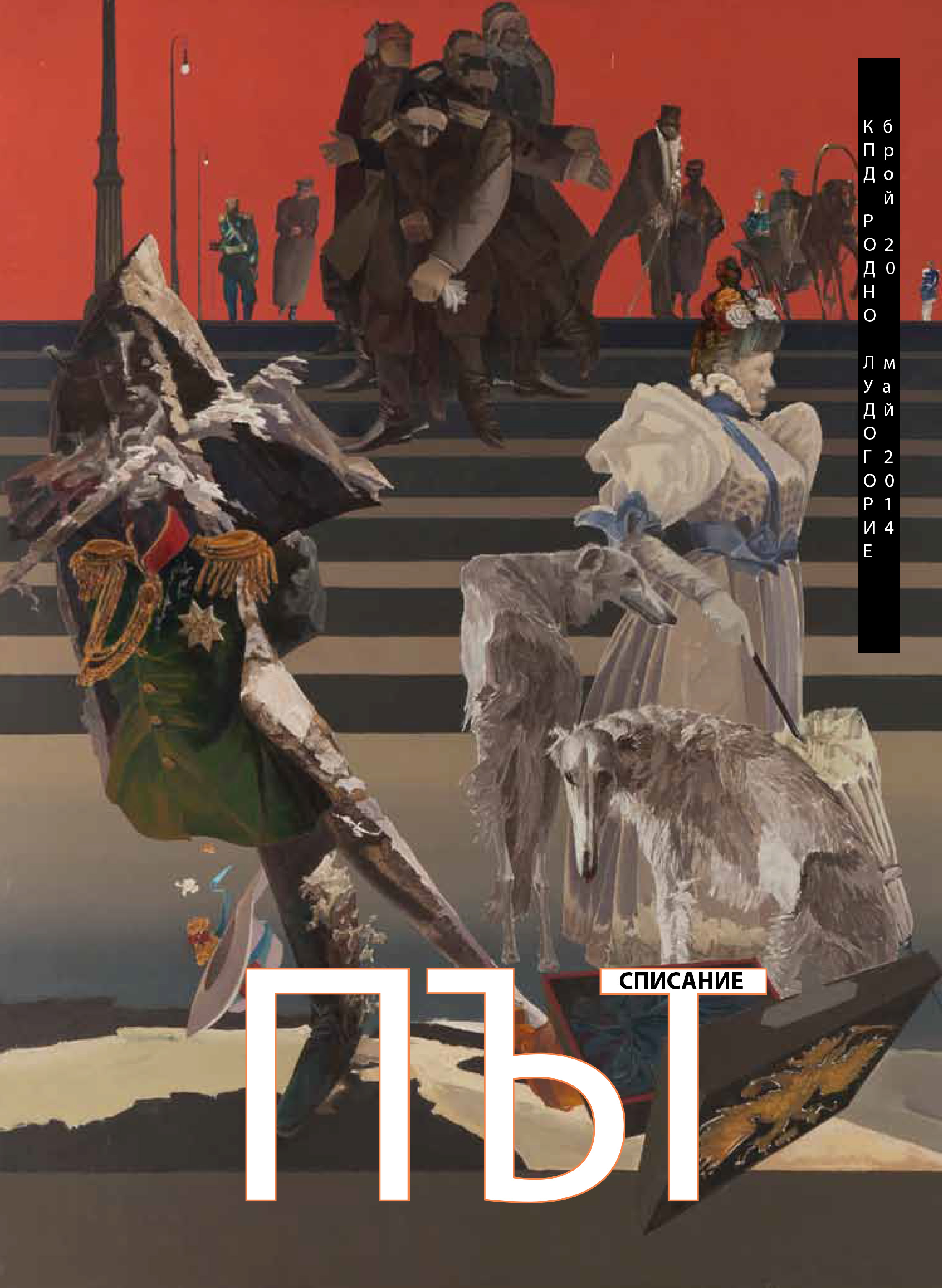
In this article Prof. Palangurski is reviewing the political history in modern Bulgaria - from the Liberation in the late 19th century till early 20th century.
More...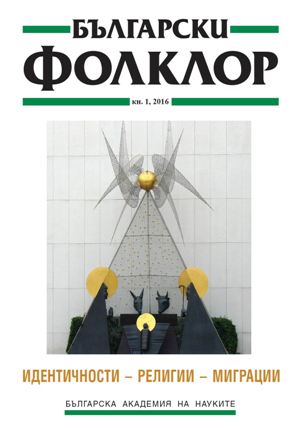
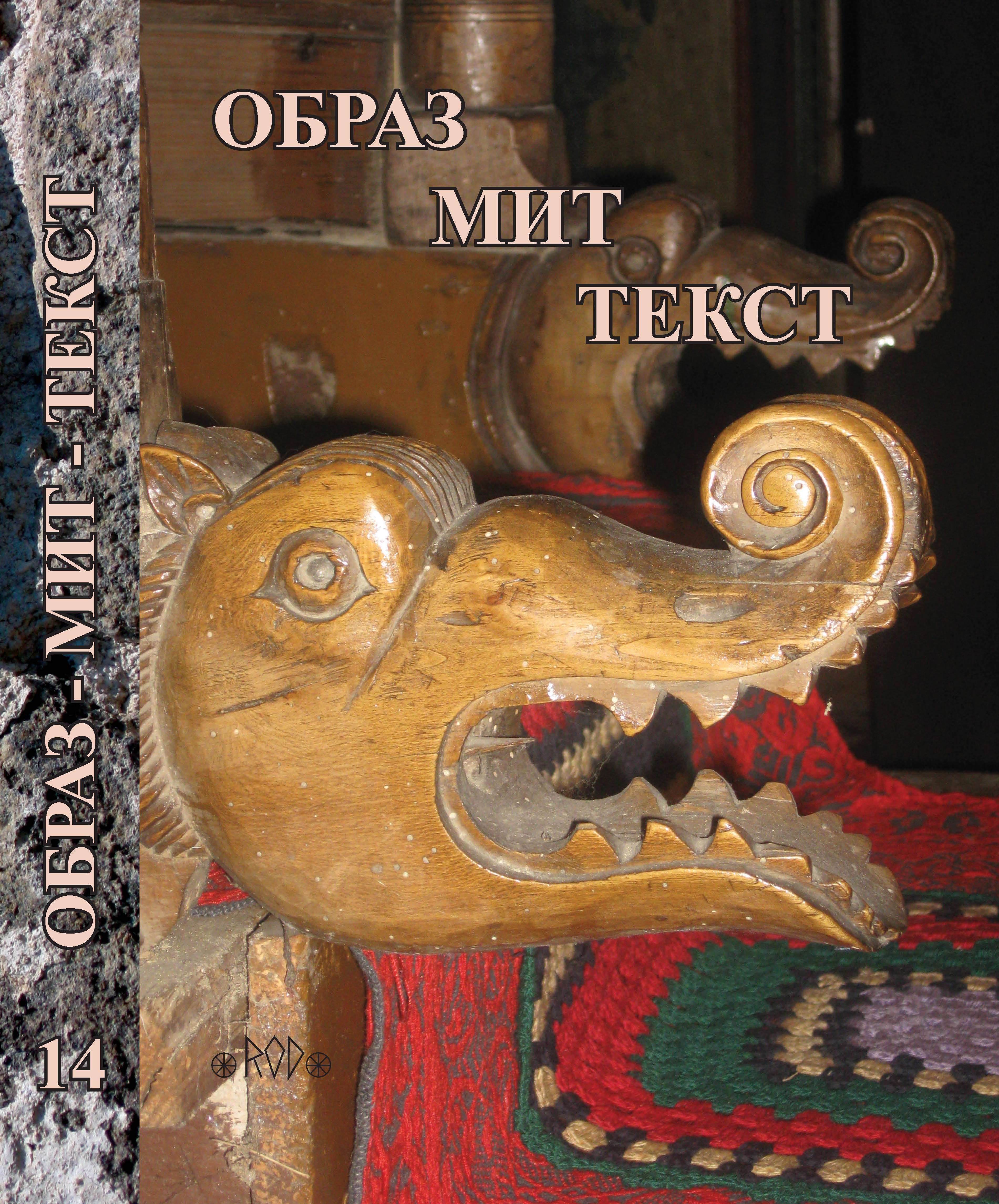
The article deals with an episode in the history of Soviet folkloristic, namely a prohibition of certain genres of folklore. In 1920s there occurs a boom of recording modern urban folklore, but in 1930s the recorded texts were destroyed or concealed in restricted folklore storage of large research institutions. Based on archival materials the article draws conclusions of the reasons for recording unfavorable (criminal, heroic, political) texts and the reasons for placing them into the restricted storage (“spetskhran”). The article is appended with published documents stored in Petersburg archives.
More...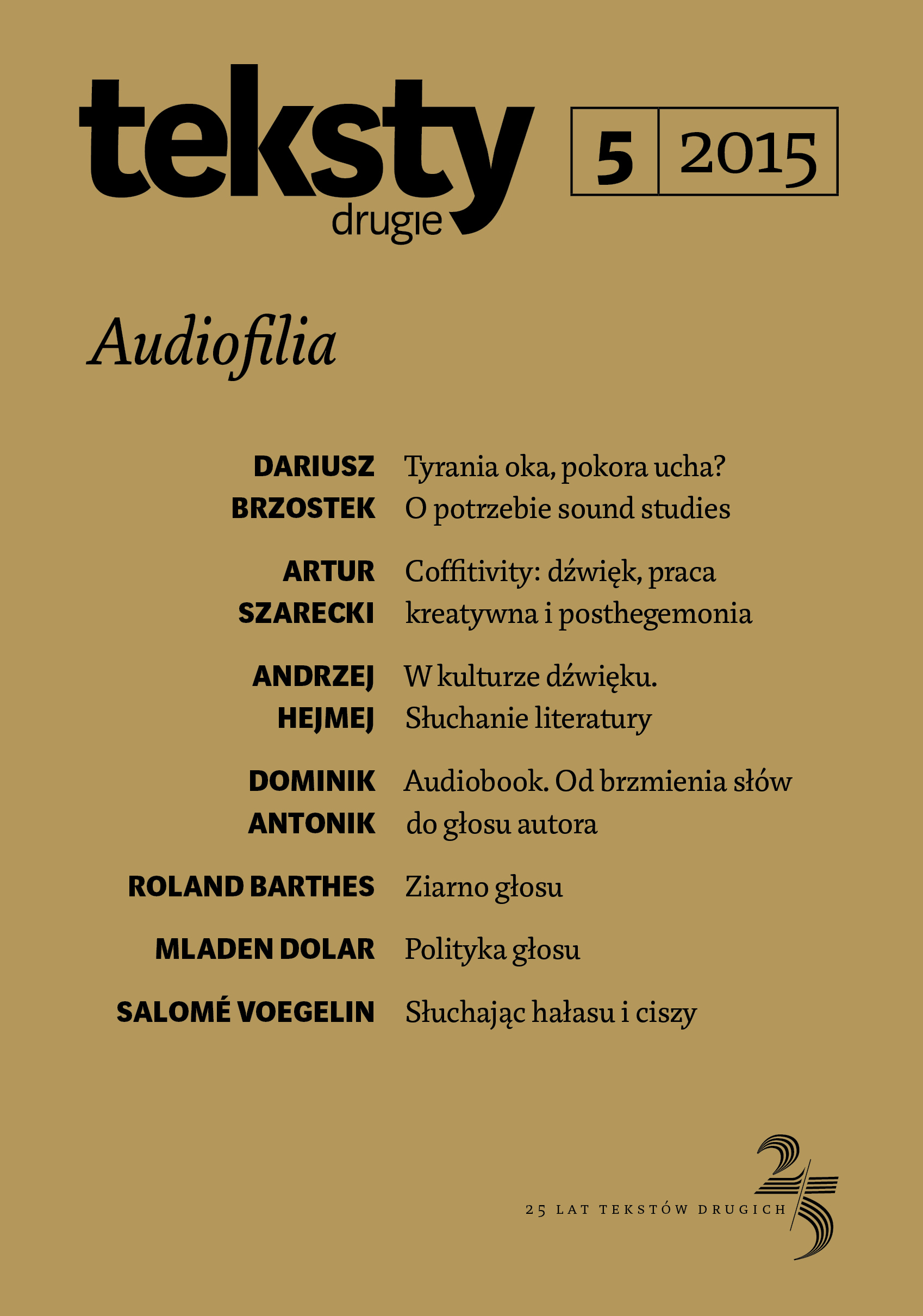
Review: Maciej Jabłoński, Przeciw muzykologii niewrażliwej [Against Insensitive Musicology], Wydawnictwo Nauka i Innowacje, Poznań 2014.
More...
Nasiłowska discusses encounters with the East as portrayed in late-nineteenth and early-twentieth-century Polish literature, focussing on Wacław Sieroszewski and Antoni Ferdynand Ossendowski. Experiences of forced settlement in Siberia, or of finding oneself in Asia as a consequence of historical circumstances, gave rise to a literary trope that anticipated such academic fields as cultural anthropology or international relations. As a rule, Polish writers did not identify with the Imperial (in this case mainly Russian) point of view. Their chances of survival depended on cooperation with various indigenous national and ethnic groups, and on accepting their own cultural difference. This is not to say that Polish culture was not Eurocentric, as is evident from incidents of anti-Chinese sentiment. Nonetheless, Polish writers painted a complex picture of Asia. Although the Russian Revolution hampered their curiosity and exploration, echoes of their earlier experiences were heard until the late 1920s.
More...
Focussing on the literature of the so-called Recovered Territories, i.e. the territories that were incorporated into Poland following the Yalta Conference, this article identifies the traits of settler narratives. Literary works describing settlers in the Western and Northern Territories were perceived as key to legitimizing Poland’s new postwar borders. Gieba discusses the fact that writers who tackled the motif were expected to reflect the cultural and political norms of the People’s Republic of Poland, and even to create a new national epic portraying the incorporated territories’ assimilation with the rest of the country – their heroic ‘re-polonization’. Having outlined how the epic was supposed to function as a founding narrative for the Recovered Territories, Gieba also explores the reasons for the project’s ultimate failure.
More...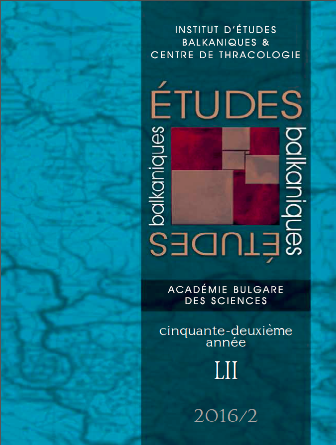
This article deals with the conservation, preservation and socialization of tangible and intangible cultural heritage of Muslims in Bulgaria during the accession of Bulgaria to the structures of the CoE and the EU (1990s – 2014). Basic approach in the text is the viewpoint of Cultural Heritage Science. Using the method of analysis of public policies through best practices, different aspects of preservation and conservation of the Muslim cultural heritage (places of worship, public buildings and ensembles, literary and documentary heritage, mother tongue, and social practices) are considered. The article focuses on two main issues: introduction of the European legal framework in the country, and the European structural and investment funding. An assessment of the use of EU funds in order to finance the preservation, conservation and socialization of Muslim cultural heritage is done.
More...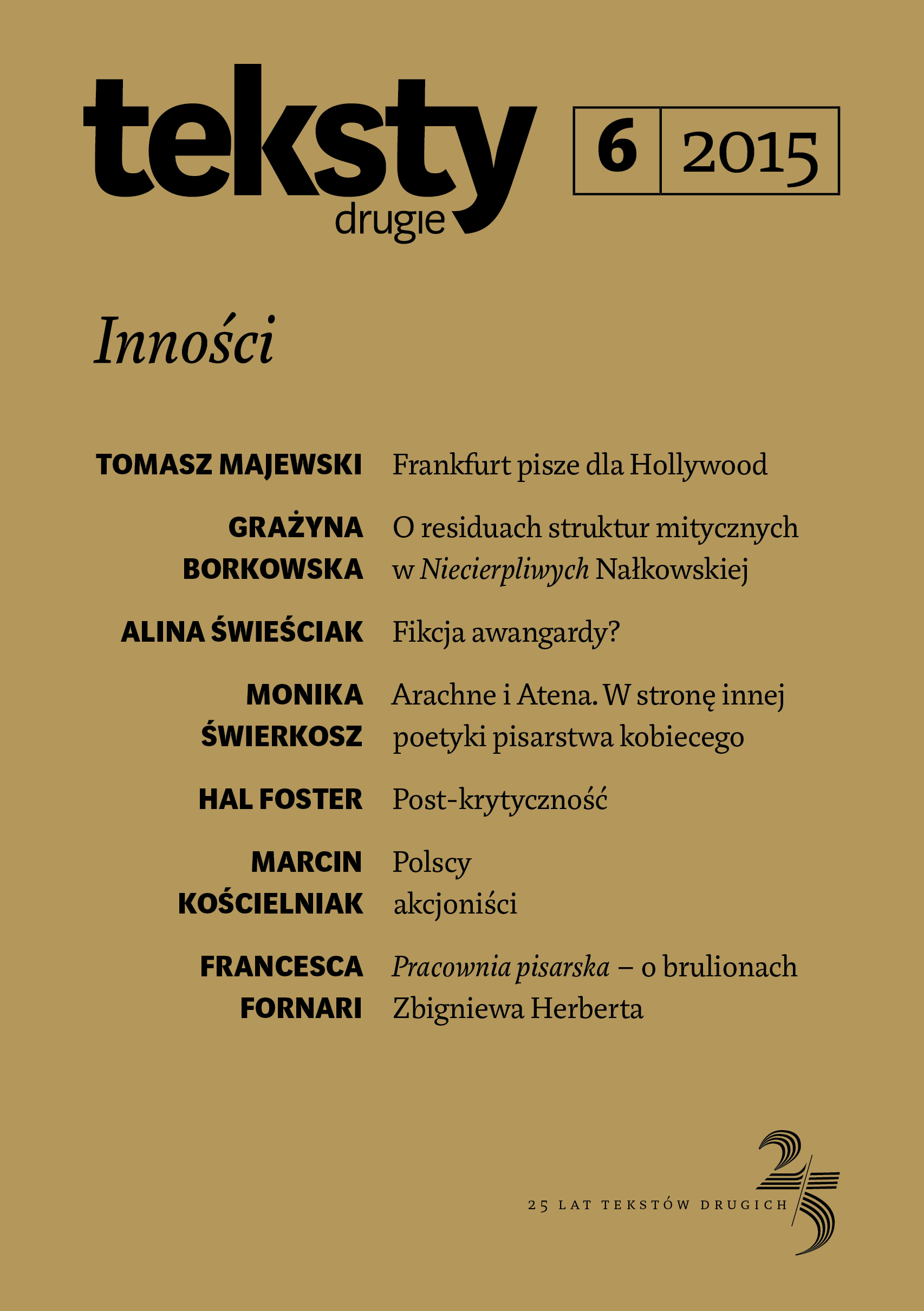
This article tackles the problem of the avant-garde in most recent Polish poetry. In the first part Świeściak recapitulates arguments in favour of categorizing contemporary art and literature as avant-gardist, then she examines recent poetry from three points of view: as an avant-gardist experiment; in terms of the relationship between autonomy and heteronomy (a problem of the political dimension); and in terms of the influence of new media (cyberpoetry). These perspectives reveal that this poetry contains avant-gardist categories of thought, and they highlight a tendency to draw on avant-garde tools. Nonetheless, Świeściak argues, we are not justified to treat contemporary literature as another phase of the avant-garde. Today’s art and literature both demand new ways of aesthetic cognition and categorization.
More...
Based on an analysis of pop cultural representations – the reality television show Serce z węgla [Heart of Coal, 2001] and the feature film Benek [Benek, 2007] – Kosterka examines the visualization of post-transformation Upper Silesia in 21st-century Polish film. She draws on psychoanalysis to explore why Upper Silesia has become attractive especially to those directors who aim to highlight the negative consequences of the socio-economic transformations after 1989: poverty, unemployment, frustration and a lack of perspective. The aim of this article is to draw readers’ attention to the fact that in 21st-century representations, Upper Silesia is mostly understood, visualized and spoken about as a space of ‘wilful exclusion,’ which has helped solidify the post-transformation status quo.
More...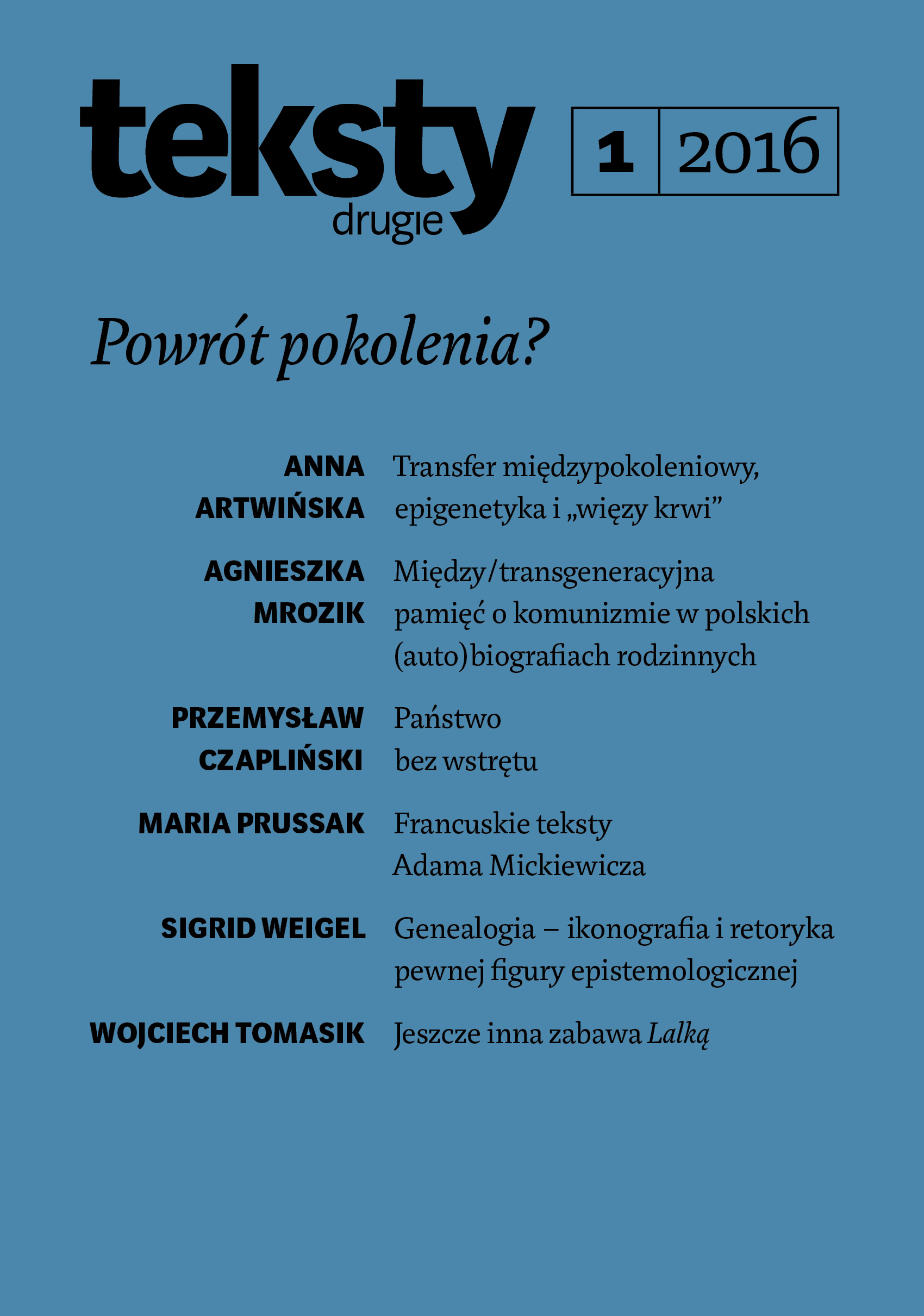
This article analyses strategies for constructing family memory about communism in (auto) biographical texts in Poland today. Drawing on the work of Harald Welzer as well as Aleida and Jan Assmann, Mrozik asks how private memory of commitment to Communism works in the public sphere in Poland: to what extent is such unofficial memory made to agree with official memory, becoming elusive where it does not overlap. Another key question is if and how the memory of one’s own or one’s relatives’ commitment to Communism is subject transformation in the process of inter- or transgenerational migration and
More...
Review: Pokolenia albo porządkowanie historii [Generations or the Ordering of History], ed. by Hubert Orłowski, Robert Traba and Holger Thünemann, Introduction by Hubert Orłowski, trans. Izabela Drozdowska-Broering and Jerzy Kałążny, Poznańska Biblioteka Niemiecka, ed. by Hubert Orłowski, Wydawnictwo Nauka i Innowacje, Poznań 2015
More...
Discussing ‘generations’ as an analytic category as used in the Humanities today the authors think about the term’s definitions and meanings in memory studies as well as in studies on changes of social attitudes and on the politics of memory. They examine how this category functions in public discourse in Poland after 1989, and also what role generational (self)declarations play today. Their key question revolves around the benefits of using the category of the ‘generation’ in studying Communism and the Polish People’s Republic. This discussion presents an occasion to explore the latest theoretical approaches as well as works that operate with the category of the ‘generation’ in detailed analyses, both in Poland and internationally.
More...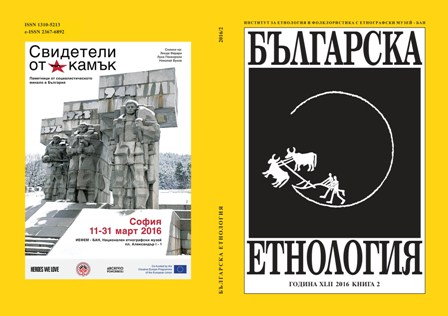
The Tobacco city is a case which at a certain moment attracted significant publicattention; at the same time, it is an example which combines various discourses. Inorder to find the specificity of this case, the article examines three more exampleswhich in geographical and historical aspect are appropriate for comparative researchon the problem, having in mind the commensurability in reference to size and significanceof the settlement and the cultural and industrial traditions, the relevant timecoincidence of the processes, as well as the geographical and economic representativeness.The research questions which the study attempts to answer are analyticalas well as completely practical, related to real management and political decisions.From an anthropological point of view, we are interested in the problem of the correlationbetween re-functionalizing with the purpose of settling, attracting investmentsand publics, and updating the use and access, one the one hand, and, on the other, thenarrative which represents the space itself in its capacity of heritage and the degree towhich this narrative should be preserved.
More...